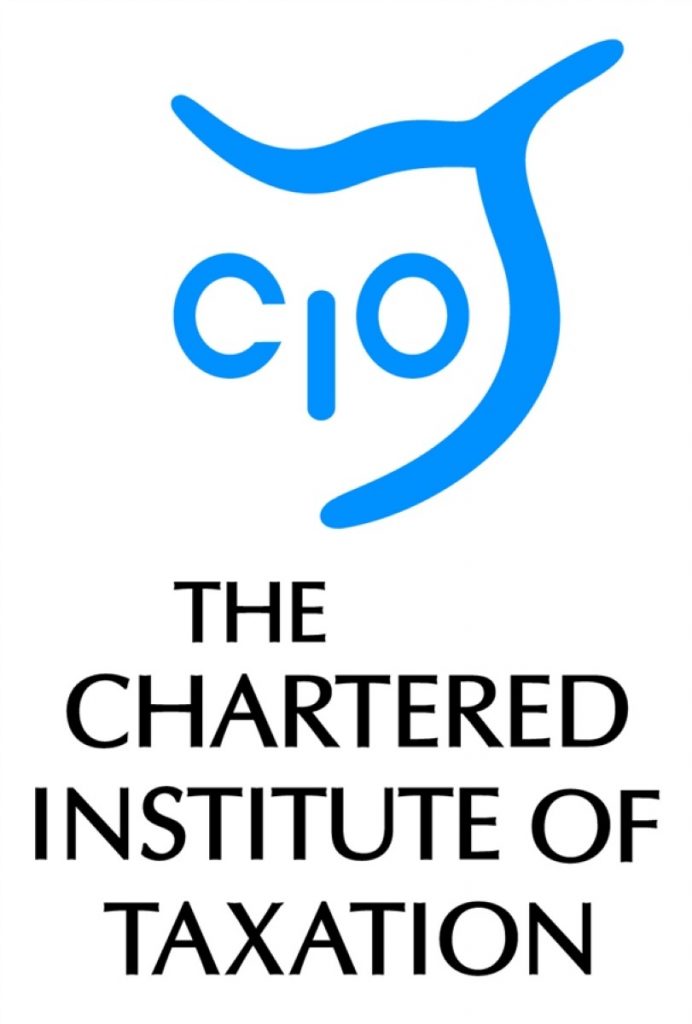Low Incomes Tax Reform Group: Telephoning HMRC? Keep a careful note, say advisers
People who call HM Revenue and Customs (HMRC) are being advised to take detailed notes, so they can refer to them in the event of a dispute.
The Low Incomes Tax Reform Group (LITRG), a campaigning organisation set up by tax advisers, have issued the warning on their website. It follows a number of disputes where either taxpayers were misadvised or misunderstood advice given to them on the phone by HMRC. In one recent case1 a court cited a failure to take notes of a conversation with HMRC as a factor in rejecting an application for judicial review.
LITRG director Robin Williamson says:
“When ringing HMRC, it is essential to keep a careful note of the date and time of the call, to whom you spoke, and what was said. Otherwise you may be at a disadvantage if you have to prove that you called HMRC in a later dispute.
“Increasingly, HMRC are encouraging taxpayers and tax credit claimants to deal with them by telephone, often through contact centres. The tax credits helpline is a prime example; claimants can ring up to check entitlement, renew their claims or notify any changes of income or circumstances, or simply ring for advice.
“While business by telephone makes HMRC more accessible to the ordinary taxpayer, one of its drawbacks is that a caller might act, or refrain from acting, in reliance on what HMRC said – or, more to the point, on their recollection of what HMRC said. This can become an acute problem for the caller who does not have a professional representative with whom to double-check information and advice they receive from HMRC.”
LITRG’s advice is –
When dealing with HMRC by phone, it is essential to keep a careful note of:
the date of your call;
the time of your call;
the name of the officer you spoke to; and
what each of you said, paying particularly close attention to what the HMRC officer said if you intend to rely on that information.
This applies even if (indeed, especially if) the call is a short one, for example a quick call to the tax credits helpline to tell them about a change of circumstances.
Further advice can be found on the LITRG website at: http://www.litrg.org.uk/news/index.cfm?id=715
Notes to editors
The case mentioned is that of R (on the application of Corkteck Ltd) v HMRC [2009] EWHC 785 (Admin). Corkteck applied for the judicial review on the grounds of breach of legitimate expectation, claiming that HMRC had reneged on an advanced clearance, assurance or promise made in a phone call to a helpline. The application was rejected by the Administrative Court. One factor cited by the court was that the company’s director had not made any contemporaneous note of the conversation. (HMRC had.) Details of the case in full at http://www.bailii.org/ew/cases/EWHC/Admin/2009/785.html.
The Low Incomes Tax Reform Group (LITRG) is an initiative of the Chartered Institute of Taxation (CIOT) to give a voice to the unrepresented. Since 1998 LITRG has been working to improve the policy and processes of the tax, tax credits and associated welfare systems for the benefit of those on low incomes.
The CIOT is a charity and the leading professional body in the United Kingdom concerned solely with taxation. The CIOT’s primary purpose is to promote education and study of the administration and practice of taxation. One of the key aims is to achieve a better, more efficient, tax system for all affected by it – taxpayers, advisers and the authorities.
– ENDS –
George Crozier
External Relations Manager
gcrozier@tax.org.uk
D: +44 (0)20 7340 0569
M: +44 (0)7740 477374
The Chartered Institute of Taxation www.tax.org.uk
The Association of Taxation Technicians www.att.org.uk
Low Incomes Tax Reform Group www.litrg.org.uk





-01.png)